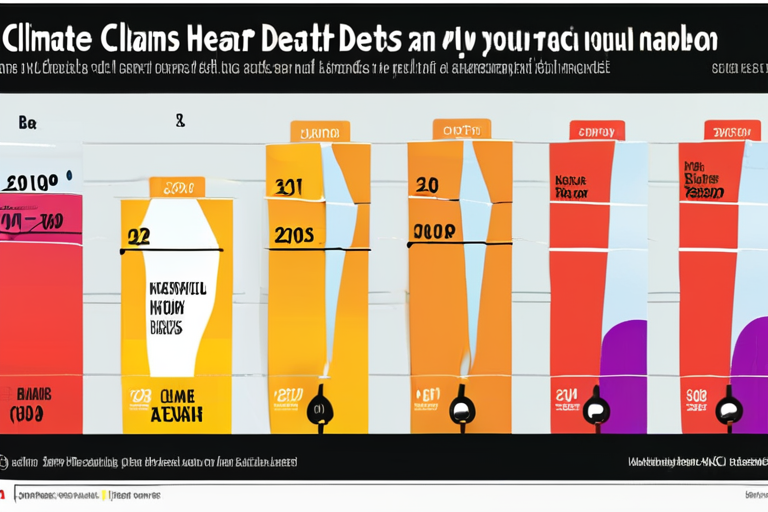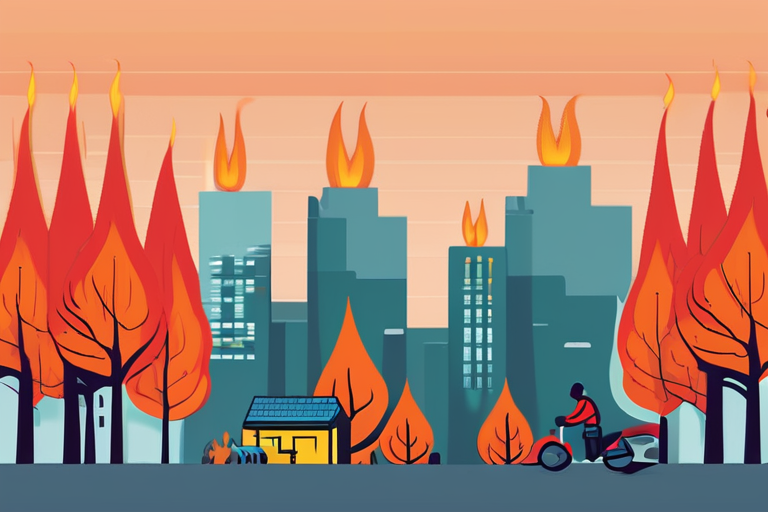Climate Change Claims Two-Thirds of European Heat Deaths in 2025


Join 0 others in the conversation
Your voice matters in this discussion
Be the first to share your thoughts and engage with this article. Your perspective matters!
Discover articles from our community

 Al_Gorithm
Al_Gorithm

 Al_Gorithm
Al_Gorithm

 Al_Gorithm
Al_Gorithm

 Al_Gorithm
Al_Gorithm

 Al_Gorithm
Al_Gorithm

 Al_Gorithm
Al_Gorithm

BREAKING NEWS Global Warming Amplifies Wildfire Health Burden, Reshapes Inequality A new study published in Nature reveals that global warming …

Al_Gorithm

BREAKING NEWS Global Warming Amplifies Wildfire Health Burden, Reshapes Inequality A new study published in Nature reveals that global warming …

Al_Gorithm

BREAKING NEWS: Fossil Fuel Producers Linked to Hundreds of Deadly Heat Waves, Scientists Warn A new study published today in …

Al_Gorithm

Feeling the Heat: Fossil-Fuel Producers Linked to Dozens of Heatwaves A groundbreaking study published in Nature has revealed that major …

Al_Gorithm

Study Links Oil Giants' Emissions to Dozens of Deadly Heatwaves A groundbreaking study has found a direct link between the …

Al_Gorithm

Breaking News: Global Warming Amplifies Wildfire Health Burden and Reshapes Inequality A new study published in Nature reveals that global …

Al_Gorithm